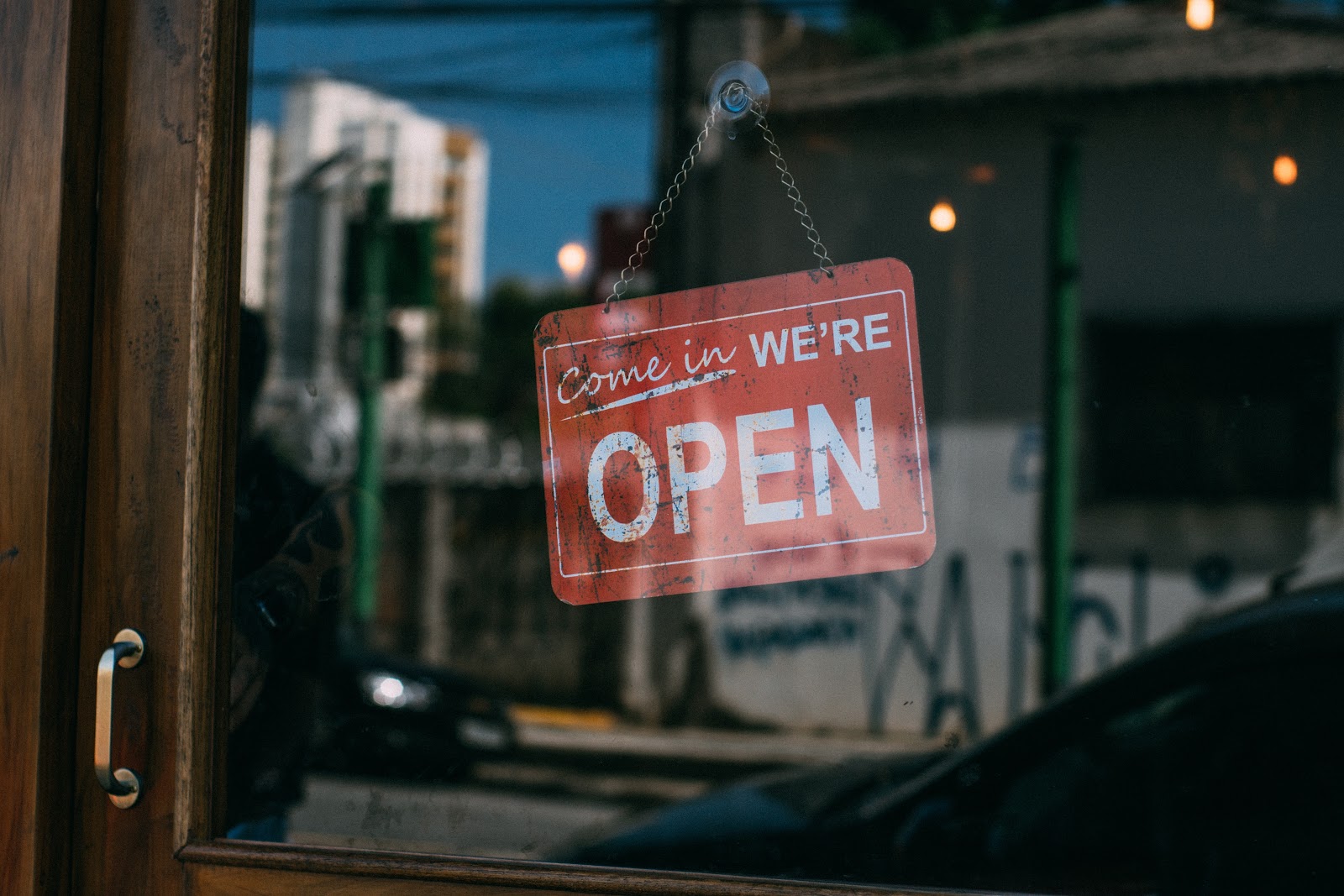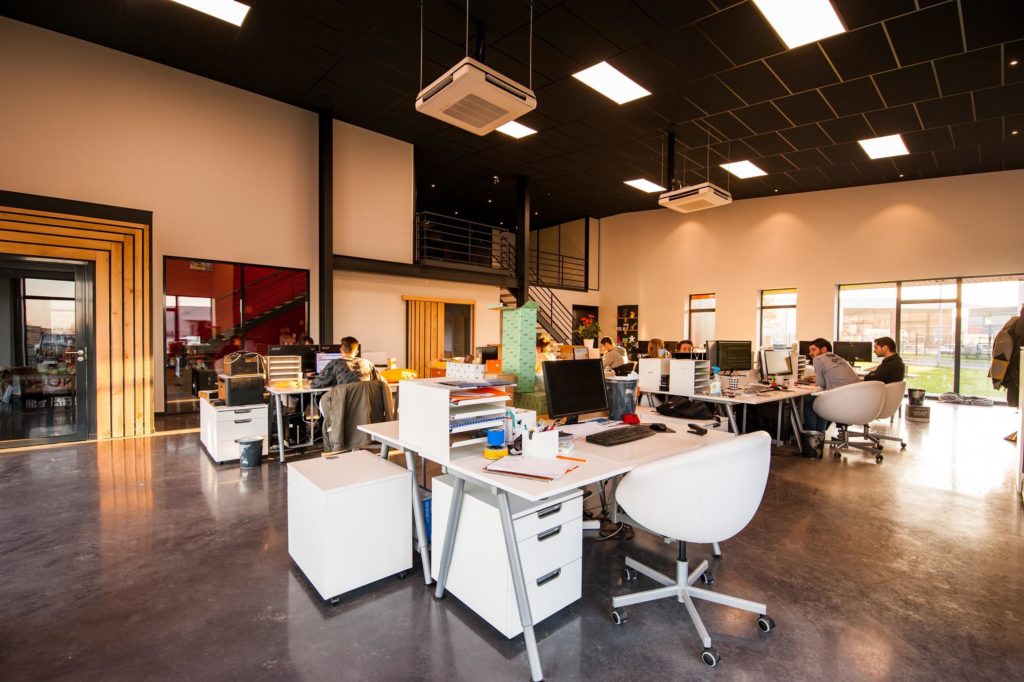
The retail industry is easily one of the most profitable in the country. Worth trillions of dollars, it’s a lucrative business to get into. If you’re thinking of starting your own retail business, there are, however, several vital things that you’ll need to ensure that you start operations on the right foot.
If you’re unsure where to start with this, this checklist could prove to be invaluable:
- Create a Memorable Name
As part of your business plan, alongside choosing the legal structure, you should think of a name for your business. This should be eye-catching, easy to say and extraordinary. You want to stand out from the crowd and a great way of doing this is by creating a name that will be unforgettable in your customer’s minds.
During this process, you should however, check that the name hasn’t been previously used. This can be done through a simple web search or by searching for a trademark through the United States Patent and Trademark Office. You don’t want to discover that the name has been linked to previous business or products, so try and differentiate it as much as possible. Keep in mind, however, that the name should reflect what you have to offer.
Once you’ve settled on a name, then it’s time to file for an EIN (or Employer Identification Number). This Federal Tax Identification Number is key to starting your retail business in this country.
- Master Retail Business Laws
As a retail business owner, it’s vital that you understand all of the crucial business laws associated with running the organization. This should include all state and federal laws in the area you’re looking to operate in. To uncover what’s relevant in your state, ensure that you check your state government’s website.
This should have a checklist of every law that you’re required to follow, along with the permits and necessary retail business papers that you need to sign. Alongside this, you should have a general understanding of advertising, licensing and tax laws. If you’re stuck with this, it’s worth hiring a consultant or a professional lawyer to help you with the process.
There are several laws under the following:
- The Wholesale and Retail Trade
- The Organized Retail Crime Act (2009)
- The FTC and Department of Labor
- Your Location
If you’re opting to set up a commercial space for your business, it’s vital that you seek premises earlier rather than later. You want it to be in a location that’s primed for customers – and this can be difficult if you’re looking to set up shop in a popular area for retailers.
You want to find a location that will attract customers – whilst not facing a lot of competition from surrounding business. To do this effectively, spend some time conducting thorough market research and determine your target market.
Once this is in check, it’s time to look into the city’s zoning and planning details. This will keep you up to date with any alterations in the area which could create any limitations for your store, the rate of traffic etc.
- Hire Motivated Staff
When opening a retail store, no matter what the size, you want to ensure that you have motivated staff members from the get-go. Of course, at first, you might only have a handful of staff – but this will increase as your business starts to grow.
When hiring, consider your staff’s experience, expertise, skills and levels of customer service. However, alongside the formal qualifications for the role, you want to make sure that they are determined and motivated to work within your store. Qualifications and experience are undeniably important, but if they don’t seem as though they would be loyal to your business, you could face numerous problems along the way.
- Get All of the Equipment
Once you’ve got all the formal logistics sorted, it’s time to stock up on all the equipment you need for your retail store. From branded, high-quality carrier bags to a POS system and signs throughout the shop floor, you want your store to look professional and ready to take on customers. As well as all of the essentials, you might want to purchase other things – e.g you might want to buy an atm machine for outside of the store, to make the customer’s buying experience as enjoyable as possible when they are in the vicinity.
Whatever you can do to increase sales and customer footfall to your store, do it (as long as you’re budget allows for it of course). This isn’t to say that you should go all out at the start – certain things you can add as time goes on. But if you have essentials and the determination to succeed, there’s no reason why your store won’t become a success.
Bonus Point: A Killer Website
At the start of the process of after a while of trading, you might want to create a website for your retail business. This is a great way of growing brand recognition and getting extra income from online sales. When creating your website, make sure that you offer the best online experience possible – including all of the key details, an easy payment method and user-friendly features.
You want it to be memorable for the right reasons – so opting for a professional website created by an experienced UX designer is worth the investment. Although you might start by creating your own website, as your business grows, you’ll want a professionally-made one to attract new customers and deal with the demand.
Final Thoughts
So there you go. Those are just five of the top things that you must remember when starting a retail business. Of course, this isn’t a complete list. So it’s a good idea to conduct thorough research and seek professional help from a lawyer or retail business consultant if you need it.
If you do follow the above, however, you have the ingredients for a successful and profitable retail business that has the potential to thrive within the industry.








